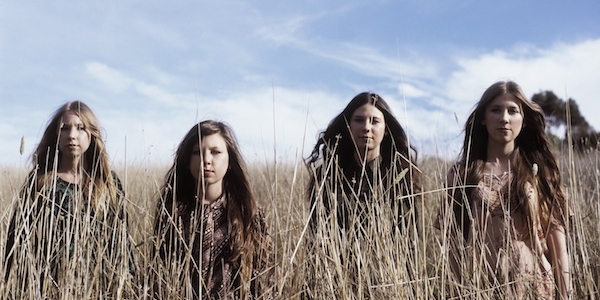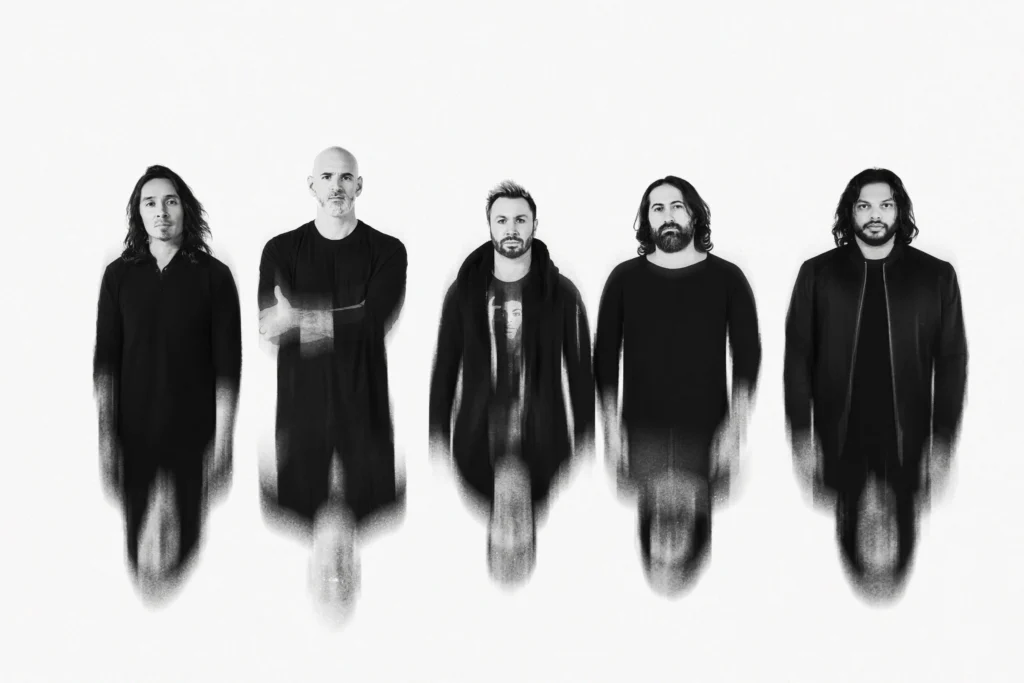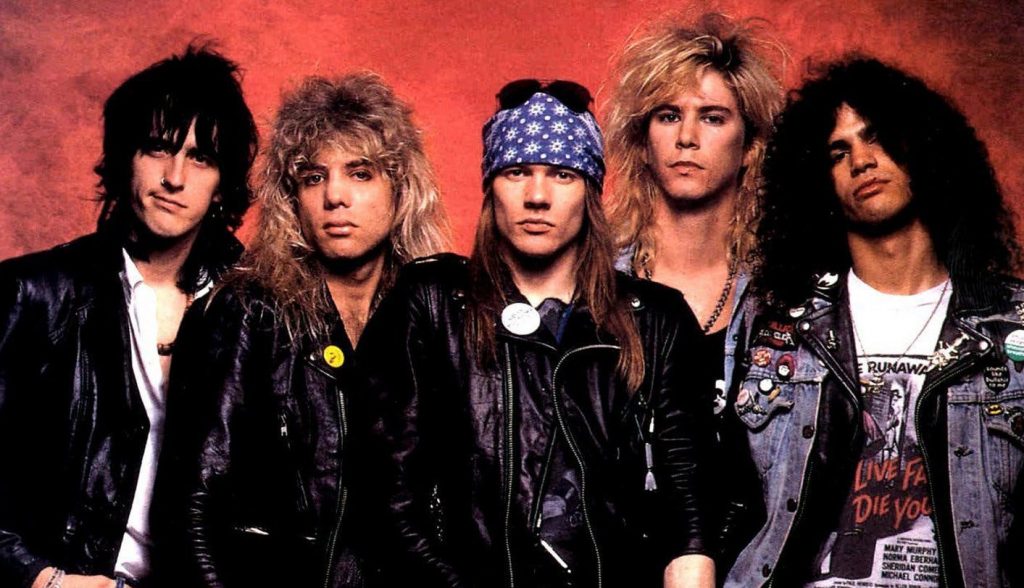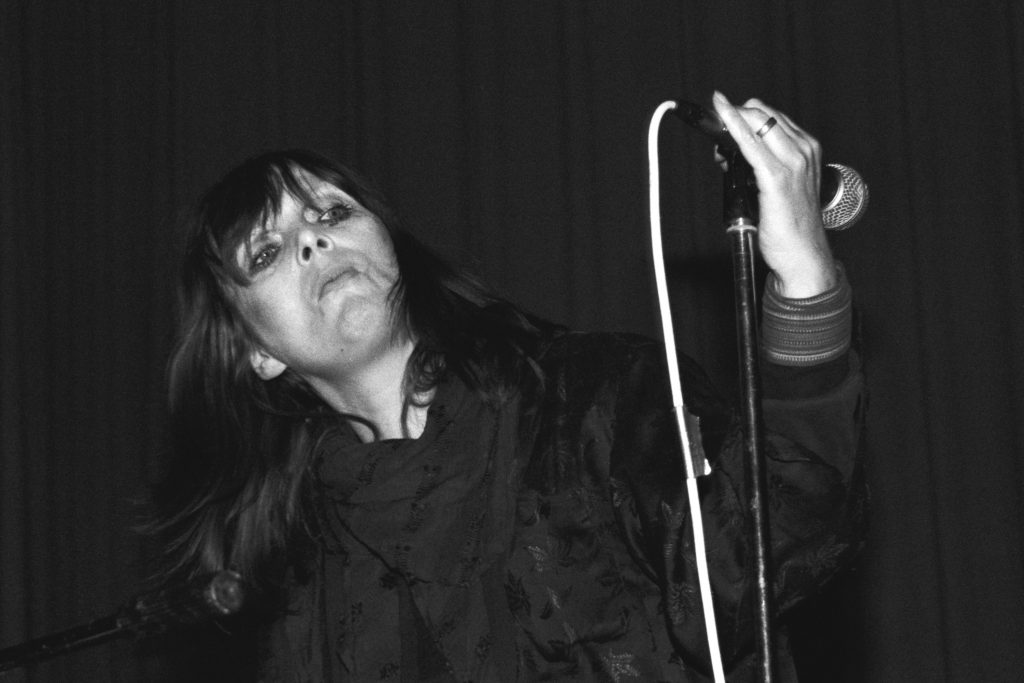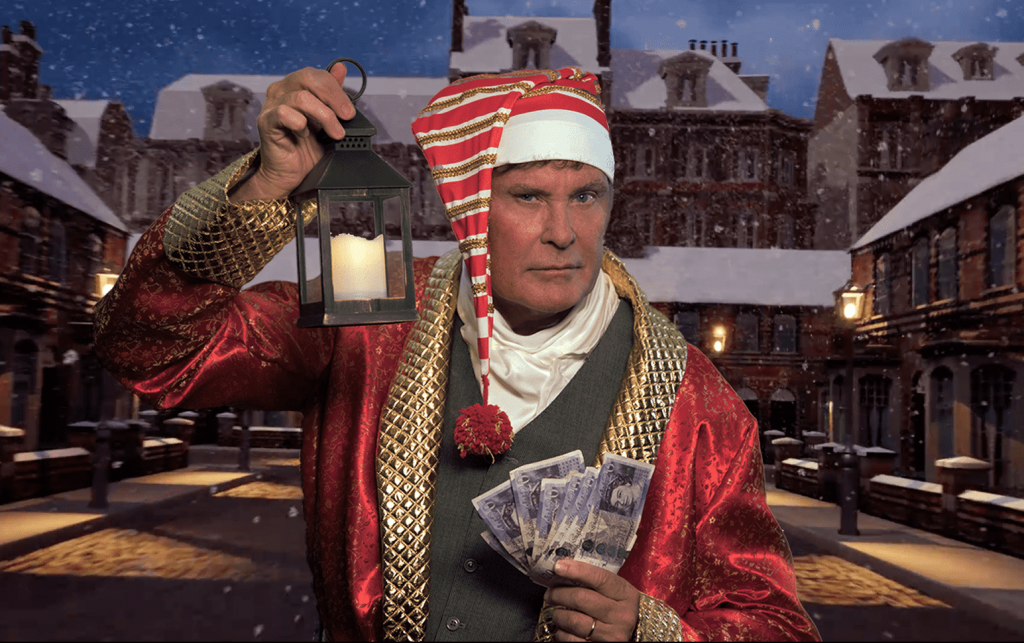Despite the slightly tainted memories of the last time he played, the festival and indeed the entire St Kilda area still hold a special place in his heart. “I grew up on the south side of town and kind of spent a lot of time in St Kilda,” he remembers of the good old days. “We used to play on Acland Street in a café, we played out on the street on Saturday and Sunday afternoons and it was an amazing time. That was a few years ago now but there were so many people coming through that street on the weekend. Like we’d sometimes have the whole street filled with people and across the other side of the road, an amazing outdoor musical vibe. You don’t see it so much these days, but I guess you’ve got to just take the opportunity to bring it out of the woodwork again.”
For a time, St Kilda was the beating heart of Melbourne’s live music scene and its venues dominated the pub circuit. Over the last decade however, for some reason or another the suburb has lost its reputation as the musical capitol to the north side and has been in a steady decline since. Angus however still has many great memories from those good old days. “Yeah it’s true, it’s a fact that St Kilda is really struggling, like for bands to play. There’s not much space for it these days and the St Kilda festival is a big reminder of how much of Melbourne’s musical history is actually wrapped up in St Kilda. You know, St Kilda is the birthplace of so much of Melbourne’s rock and roll and a place where everything I’ve been involved in started there, and I think that spirit’s still there it’s just, you know, it needs a little tweak. The St Kilda Festival is probably one of the last remnants of that.”
The St Kilda Festival has certainly come alive in recent years and is one of the very best summer excursions – one that won’t cost you hundreds of dollars. It’s firmly established itself as a quintessential summer outing hosting a variety of bands, covering just about every genre. The Harry James Angus Band will be soothing attendees with their jazz songs taken from the golden age of the 1920s and 30s. For a trumpet player like Angus, it was only a matter of time before jazz music made an impact on him. “I wouldn’t say I fell in love with jazz at first it was just something, I guess my deeper appreciation for music came over time and just learning about the amazing qualities of improvisation. And improvisation is something I’m very passionate about and you know jazz is obviously the 20th Century’s vehicle for improvised music. Jazz is such a broad world of music. The history, which is 100 years old, and one of the reasons this band concentrates on songs from kind of the first half of the century, kind of pre-World War II, is because I feel like that was the time there was a very strong sense of song, as well as a sense of the improvisation around the song.”
Being in so many different musical projects, The Harry James Angus band offers a different approach to his craft and just as importantly, a sense of fun.“In some ways there’s no denying that the music of that era has a much higher level of craftsmanship and requires a much higher level of skill to play,” he admits. “The music itself is fun; you know that’s something I like about it. So few, so little music in the modern era has that kind of unashamed feeling of, I guess you’d just call it like joy. Like its joyful music. Its innocent you know, it’s almost naïve because it was OK to stand up on stage and be like happy.” It sounds like the perfect soundtrack to a lazy summer’s afternoon in St Kilda.
BY JAMES W NICOLI

